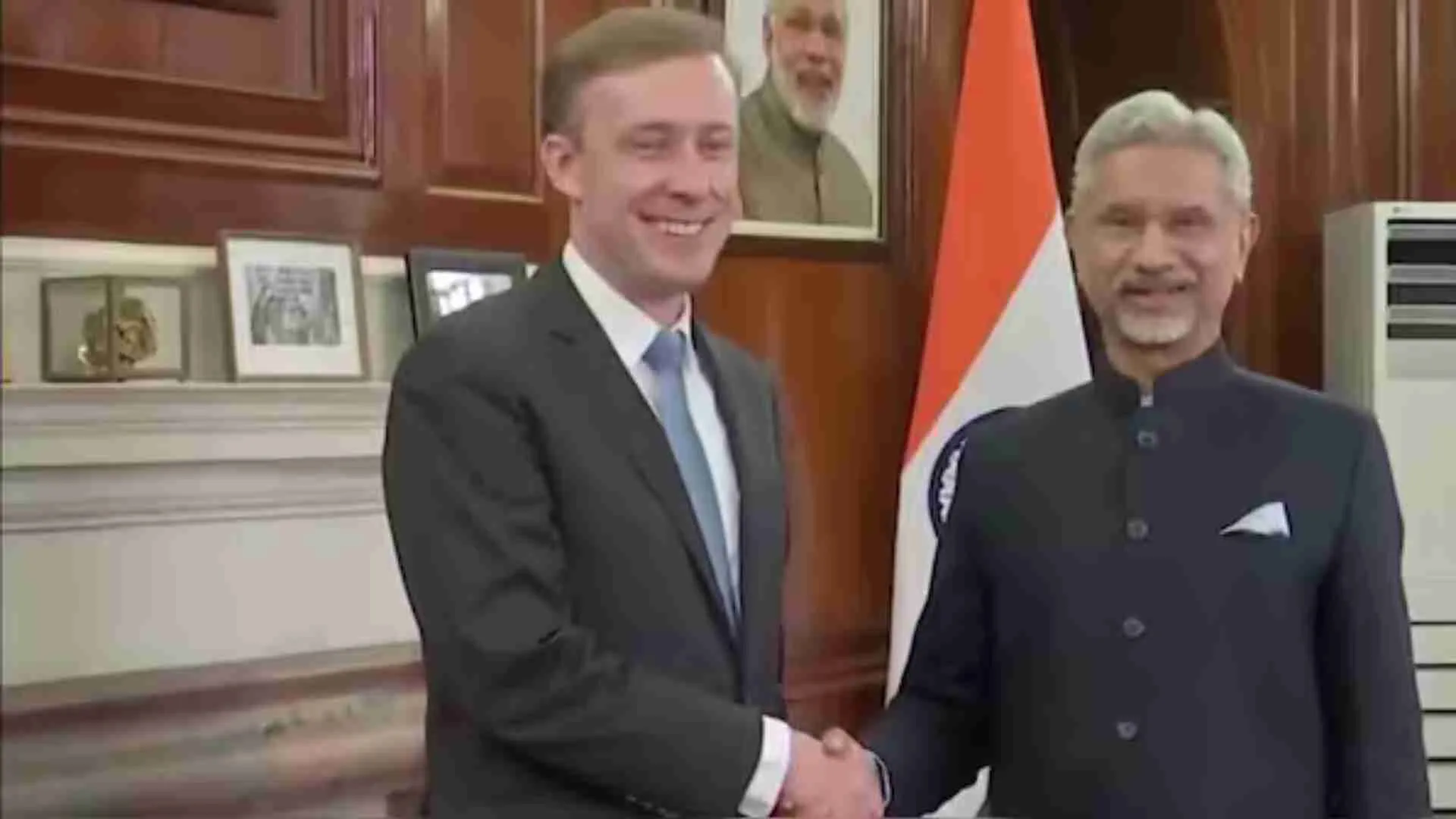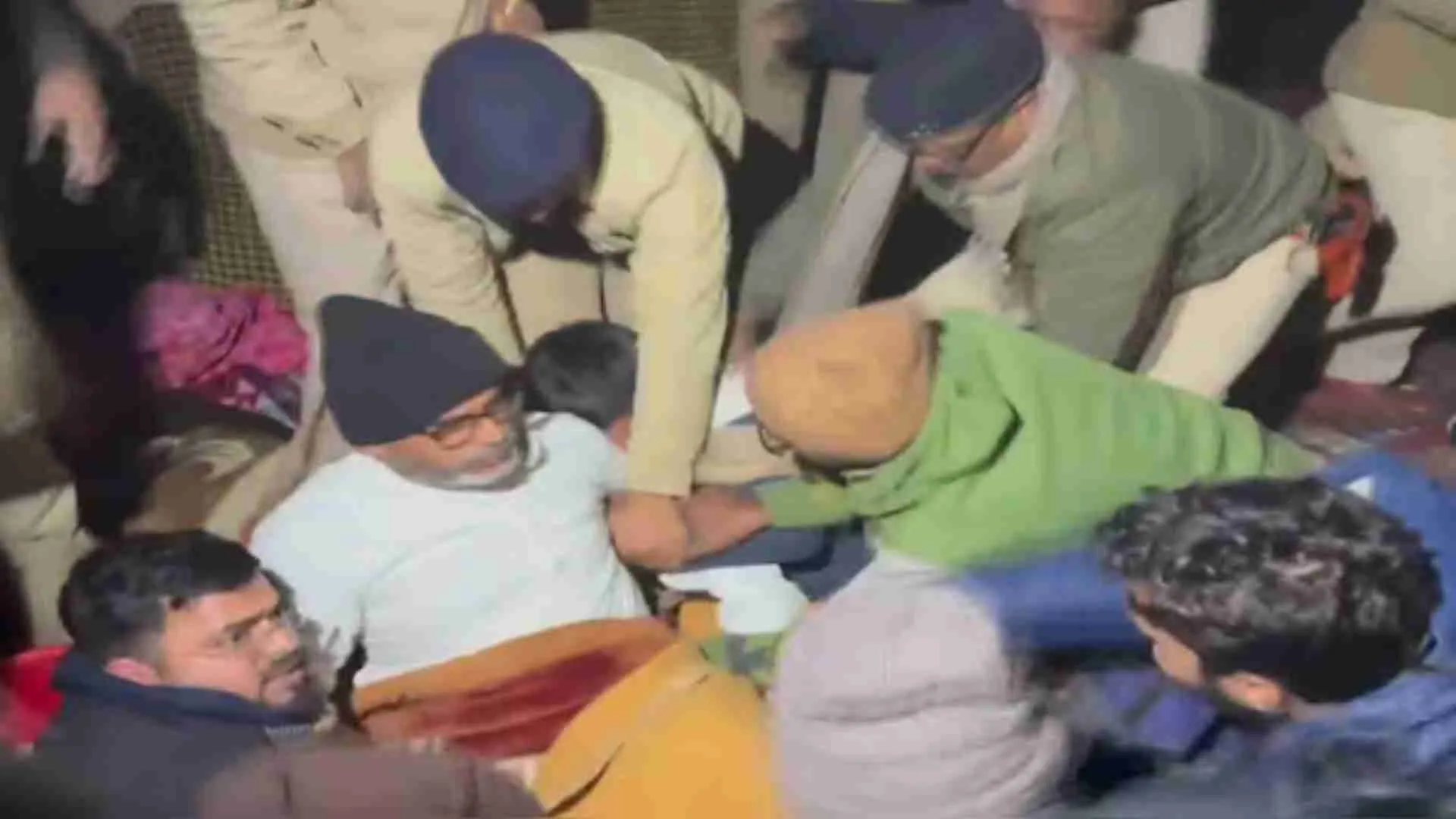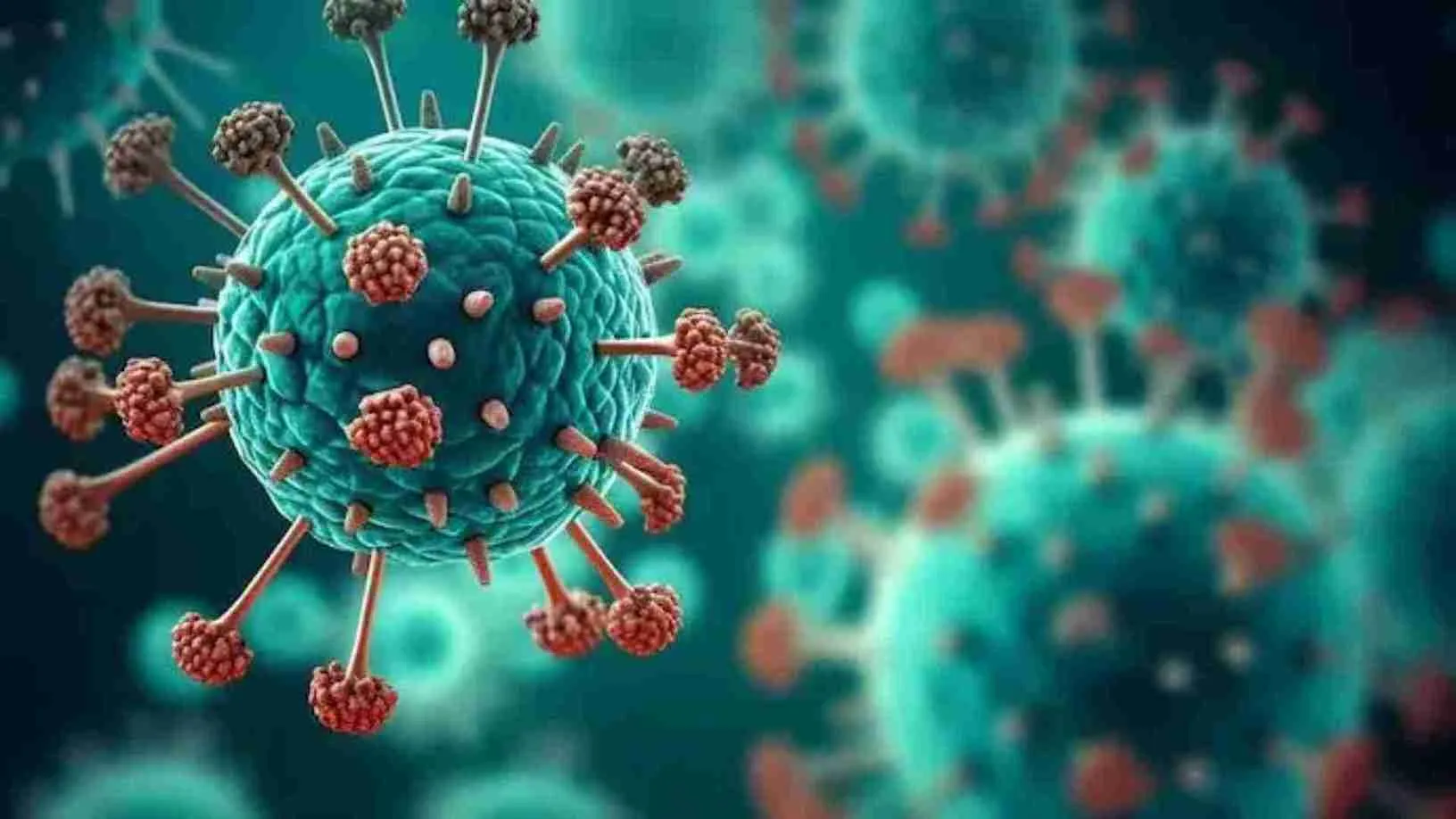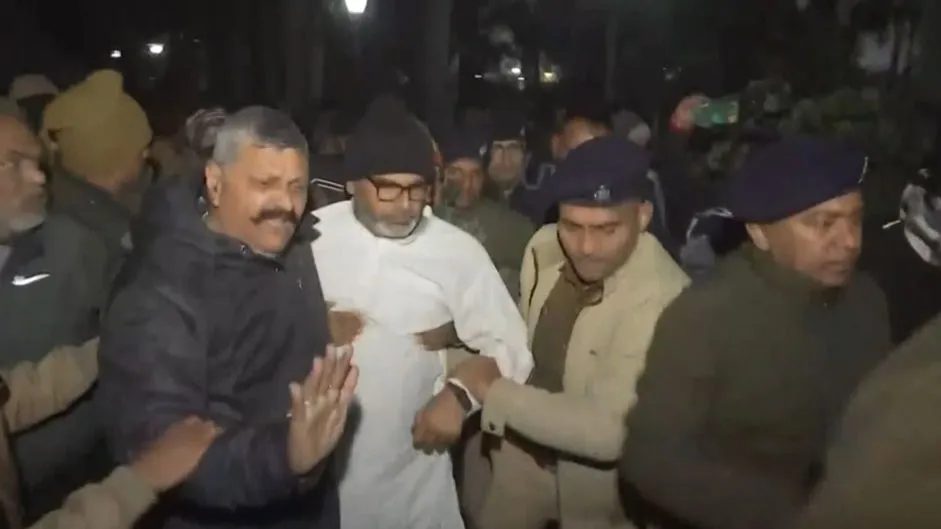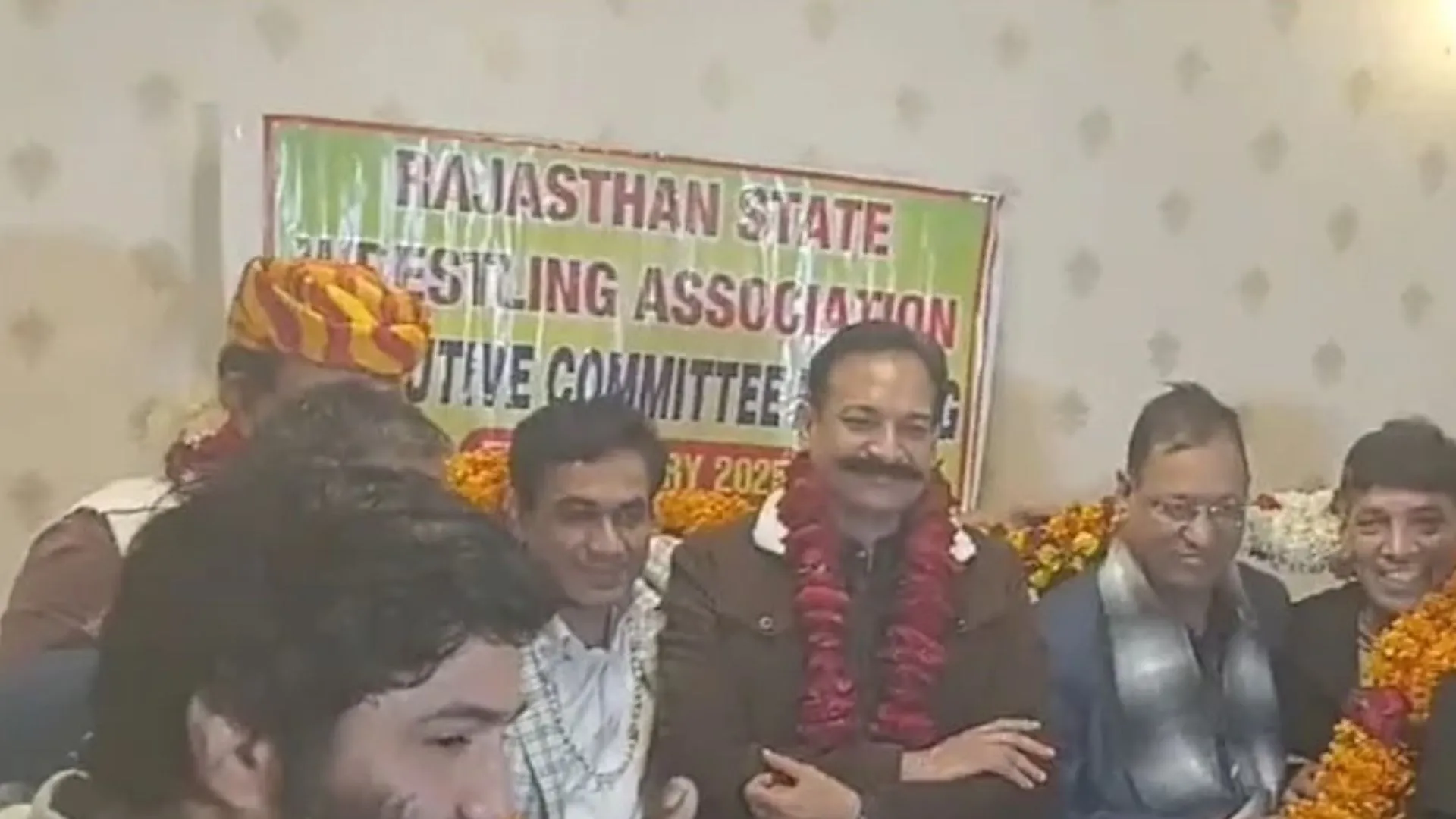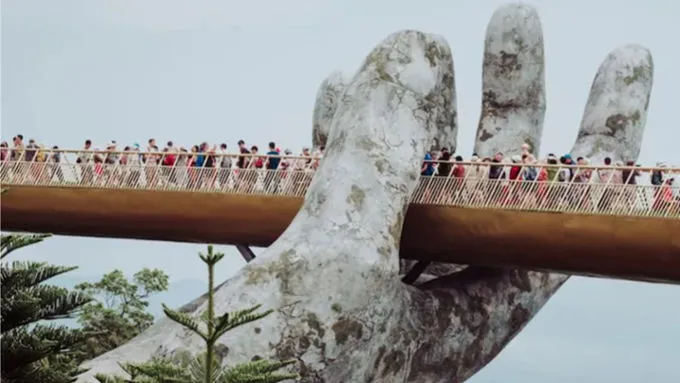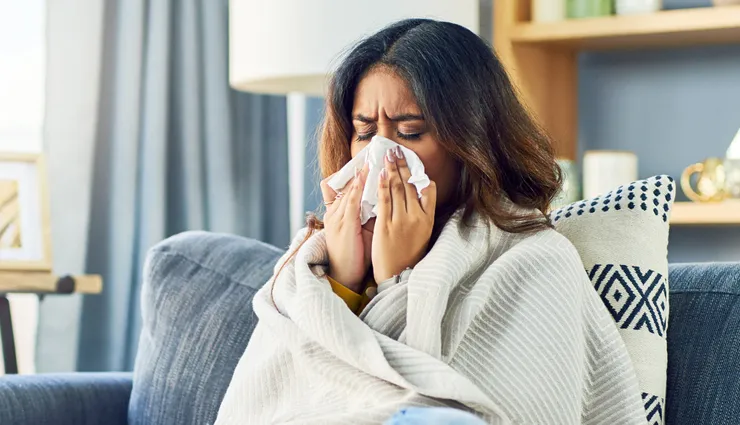Russian President Vladimir Putin on Tuesday called for a joint effort by the BRICS countries on the development of the coronavirus vaccines as he suggested that Russia’s Sputnik V vaccine against Covid-19 could be produced in China and India, which are members of the five-nation bloc.
“We believe it is important to speed up the establishment of the centre for development and research of BRICS vaccines, which we agreed to do two years ago, upon the initiative of our South African friends,” Putin said while addressing the 12th BRICS summit via videoconferencing.
The summit, hosted by Putin, was attended by Prime Minister Narendra Modi, Chinese President Xi Jinping, Brazilian President Jair Bolsonaro and South African President Cyril Ramaphosa.
The Russian President said that Sputnik V vaccine that was registered in August could be produced in China and India, both members of the BRICS, Sputniknews reported. “The Russian Direct Investment Fund has reached agreements with its Brazilian and Indian partners on conducting clinical trials of the Sputnik V vaccine, it has also reached an agreement with pharmaceutical companies in China and India to launch production of the vaccine in these countries not just to cover their needs, but for third countries as well,” he said.
On 11 August, Russia became the world’s first country to register a Covid-19 vaccine, dubbed Sputnik V. President Putin at the time said that the Sputnik V works “quite effectively”. He also disclosed that one of his daughters had tested a Russian Covid-19 vaccine on herself and that she is feeling well.
Sputnik V vaccine has shown 92 per cent efficacy in preventing Covid-19, according to interim trial results announced by the country’s health ministry last week. The vaccine has been named Sputnik-V. The name is a reference to the surprise 1957 launch of the world’s first satellite by the Soviet Union.
The 12th BRICS summit was originally scheduled to be held in Saint Petersburg in July but had to be postponed due to the outbreak of the pandemic.
So far the virus has infected more than 54 million people around the world and killed more than 1.3 million people even as governments implemented strict lockdowns and restrictions to slow the spread of the virus that originated in the Chinese city of Wuhan.
COUNTRIES LETTING VIRUS RUN UNCHECKED, PLAYING WITH FIRE: WHO
The World Health Organization (WHO), in the meantime, said that it’s “extremely concerned” by the recent surge in Covid-19 cases in some countries, particularly in Europe and the Americas. “Right now we are extremely concerned by the surge in cases we’re seeing in some countries. Particularly in Europe and the Americas, health workers and health systems are being pushed to the breaking point,” WHO Director-General Tedros Adhanom Ghebreyesus said at a press briefing.
He warned that “those countries that are letting the virus run unchecked are playing with fire”, as there will be “further needless deaths and suffering”, a “significant number of people experiencing long-term effects of the virus”, and health workers in particular facing “extreme mental health pressure and cases severely burdening health systems in too many countries”.
The two regions—Europe and Americas—have recorded more than 70 per cent of the overall confirmed cases and over 77 per cent of all Covid-19 deaths worldwide. Many countries in the two regions have reported record daily spikes in infection in the past few weeks. “There is no excuse for inaction. My message is very clear: act fast, act now, act decisively,” urged Tedros.
He added that the WHO and its partners are working with governments and health leaders to ensure cover for health workers who are sick, enough beds for Covid-19 patients and for essential health services to continue safely, and enough masks, gloves and other protective equipment.
“A laissez-faire attitude to the virus, not using the full range of tools available, leads to death, suffering and hurts livelihoods and economies,” he warned, and asked governments to put restrictions in place so that “there is once again a narrow window of time to strengthen key systems.”
With agency inputs


